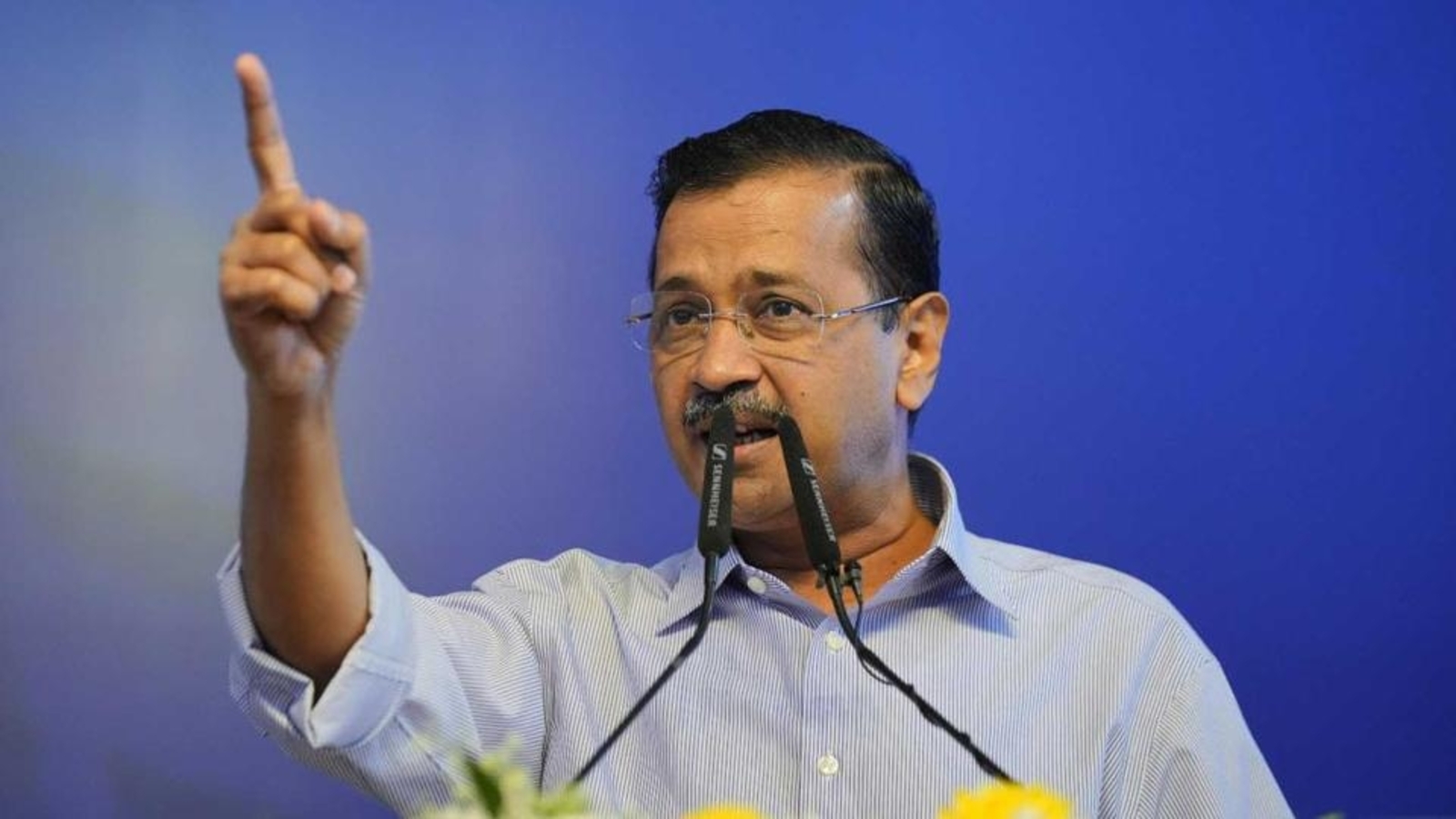Kejriwal Faces Defacement Charges: Delhi Police Files Report
Politics NationalPosted by AI on 2025-04-19 14:55:57 | Last Updated by AI on 2026-02-05 07:42:44
Share: Facebook | Twitter | Whatsapp | Linkedin Visits: 20

How far can political expression go before it crosses the line into vandalism? The Delhi Police have submitted a status report in a case against Delhi Chief Minister Arvind Kejriwal concerning alleged violations of the Defacement of Public Property Act in the Dwarka area. The complaint, the details of which are yet to be fully disclosed, accuses Kejriwal of defacing public property, raising questions about the nature of the alleged defacement and the potential political ramifications.
The Defacement of Public Property Act prohibits the unauthorized marking, painting, or writing on any public property. Such properties can include government buildings, walls, bridges, and other structures maintained for public use. Violations of this act can result in fines and even imprisonment. While the specific details of the allegations against Kejriwal remain unclear, the filing of the status report indicates that the police are taking the complaint seriously and are actively investigating the matter. This case unfolds against the backdrop of ongoing political tensions and adds another layer of complexity to the already charged political landscape. The Dwarka area, a densely populated residential suburb of Delhi, serves as a significant political battleground, making this case particularly sensitive.
The status report itself is a procedural document submitted to the court, providing updates on the progress of the investigation. It typically outlines the steps taken by the police, including the collection of evidence, witness statements, and any other relevant information. While the report does not represent a final judgment on Kejriwal's guilt or innocence, it signifies a formal step in the legal process. The next stages could involve further investigation, the filing of charges, or even the dismissal of the case depending on the evidence gathered.
The political implications of this case are substantial. Kejriwal, a prominent figure in Indian politics, leads the Aam Aadmi Party and has been both praised for his social welfare initiatives and criticized for his confrontational political style. This case could be leveraged by political opponents to discredit him and his party, potentially impacting public perception and future electoral outcomes. Conversely, Kejriwal's supporters may view the case as politically motivated, potentially fueling public protests and further escalating political tensions.
This situation underscores the delicate balance between freedom of expression and the maintenance of public order. While political discourse is vital in a democratic society, it must operate within the boundaries of the law. The outcome of this case will undoubtedly have significant implications for the political landscape of Delhi and could set a precedent for future cases involving political expression and public property. The public now awaits further details from the Delhi Police and the courts, as the investigation unfolds and the legal process continues.
Search
Categories
Recent News
- Schools Unite Against Substance Abuse
- Industrialist's High-Flying Escape: A Tale of Mumbai-Pune Expressway Woes
- Gold and Silver Prices Plunge: Mumbai's Market Update
- Market Movers: Tech Giants, Telecoms, and Consumer Brands in Focus
- Yoga Guru's Selfless Service: A Cabinet-Rank Advisor Without Pay
- Former Cricket Coach's Child Embarks on Gender Transition Journey
- Propylene Gas Tanker Crash Snarls Mumbai Traffic for Over a Day
- Custodial Death Confirmed: CBI Exposes Police Brutality in Sivaganga
Popular News
- Navigating IPO Market Dynamics Amid Volatility and Regulatory Changes
- Massive Worldwide Microsoft Outage Disrupts Multiple Sectors
- Panjapur Bus Stand to Reshape TNSTC Routes
- తెలుగుదేశం పార్టీ - పేదరికాన్ని నిర్మూలించడంలో వాగ్దానం
- Universities Embrace Remote Learning Technologies Amidst Ongoing Pandemic